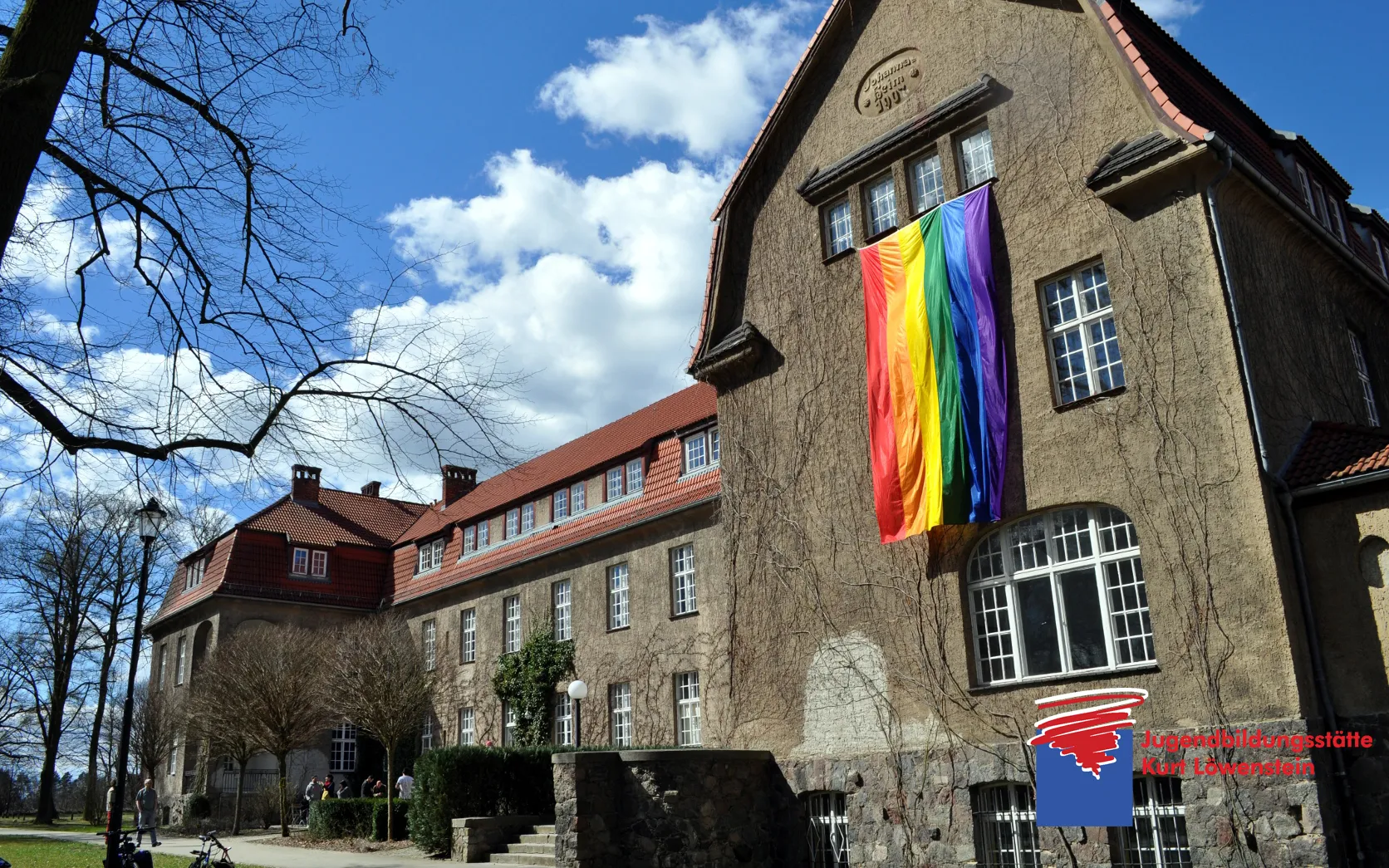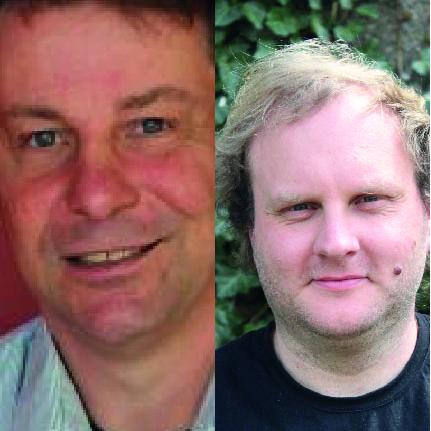
Social exclusion and structural discrimination against people of queer gender and sexual identity put especially adolescents in identity building processes under pressure to adapt and conform.
“We are here, we are queer! Strengthening visibility and acceptance of gender and sexual diversity“ is an eight-day long international mobility for youth workers at the Kurt Löwenstein Education Center in Berlin/Germany, which is co-funded by the Erasmus+ program of the European Union.
The seminar is especially addressed at young people who are working with LGBTIQA* - youth and are interested in developing their already existing diversity oriented educational approaches further. Social exclusion and structural discrimination against people of queer gender and sexual identity put especially adolescents in identity building processes under pressure to adapt and conform. Many of them are not only confronted with hostile attitudes against sexual diversity, (hetero-)sexist and/or trans* discrimination, which are based on heteronormative patterns of our societies, but additionally with racism, misogyny, and other forms of (structural) discrimination.
With an intersectional perspective we want to acknowledge multiple belongings, explore identities, and analyze societal discrimination. During the seminar we want to deal with the question how to counter social exclusion and which role non-formal youth education could play. Especially in the face of rising right-wing and populist movements and tendencies within and outside of Europe, the meaning of a diversity positive, intersectional pedagogy is becoming more important.
Our educational work could contribute to reducing prejudices, implementing diversity as normality, demonstrating alternative common grounds and countering discriminating inhuman attitudes. In times of a pandemic, we struggle to reach out to our target groups, our traditional approaches to youth work are challenged by the need to keep distance. During the seminar we want to develop strategies and exchange examples of "good practices”.
The long-term aim of the training is the establishment of a living culture of diversity and the absence of normative understandings in our societies as well as a commitment for the realization of human rights. This can only succeed if we - as youth education organizations - take the chances as active parts of civil society serious to counteract mechanisms of social exclusion.
The youth worker capacity training invites youth educators from different countries to discuss, what we can do to create a society in which no person has to fear for living in a way or expressing themselves, for being who they are. Participants will exchange with other youth activists, present and discuss practiced educational approaches. They will develop new project ideas on the base of newly acquired knowledge about intersectionality, diversity and prejudice-consciousness.
The seminar therefore supports and aims for advancements of existing educational practices. It also offers the possibility to build a network of youth workers. To allow a variety of different perspectives in the work against homo-, bi-, trans*- and other hostilities, the participants of the project will come from geographically diverse regions. They are mostly active in the educational sector of our partner organizations, in Catalonia being Esplais Catalans (Esplac).



Add new comment